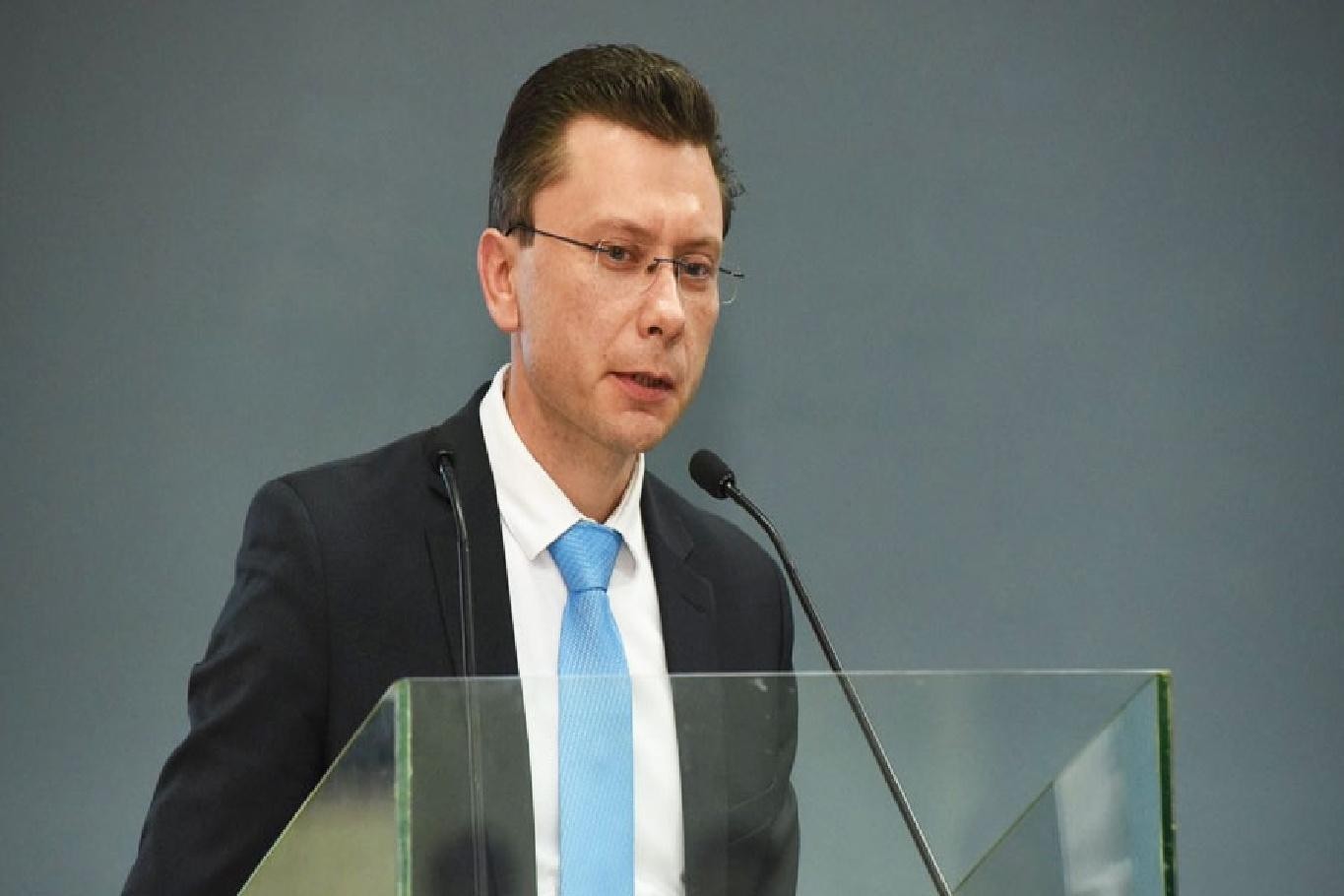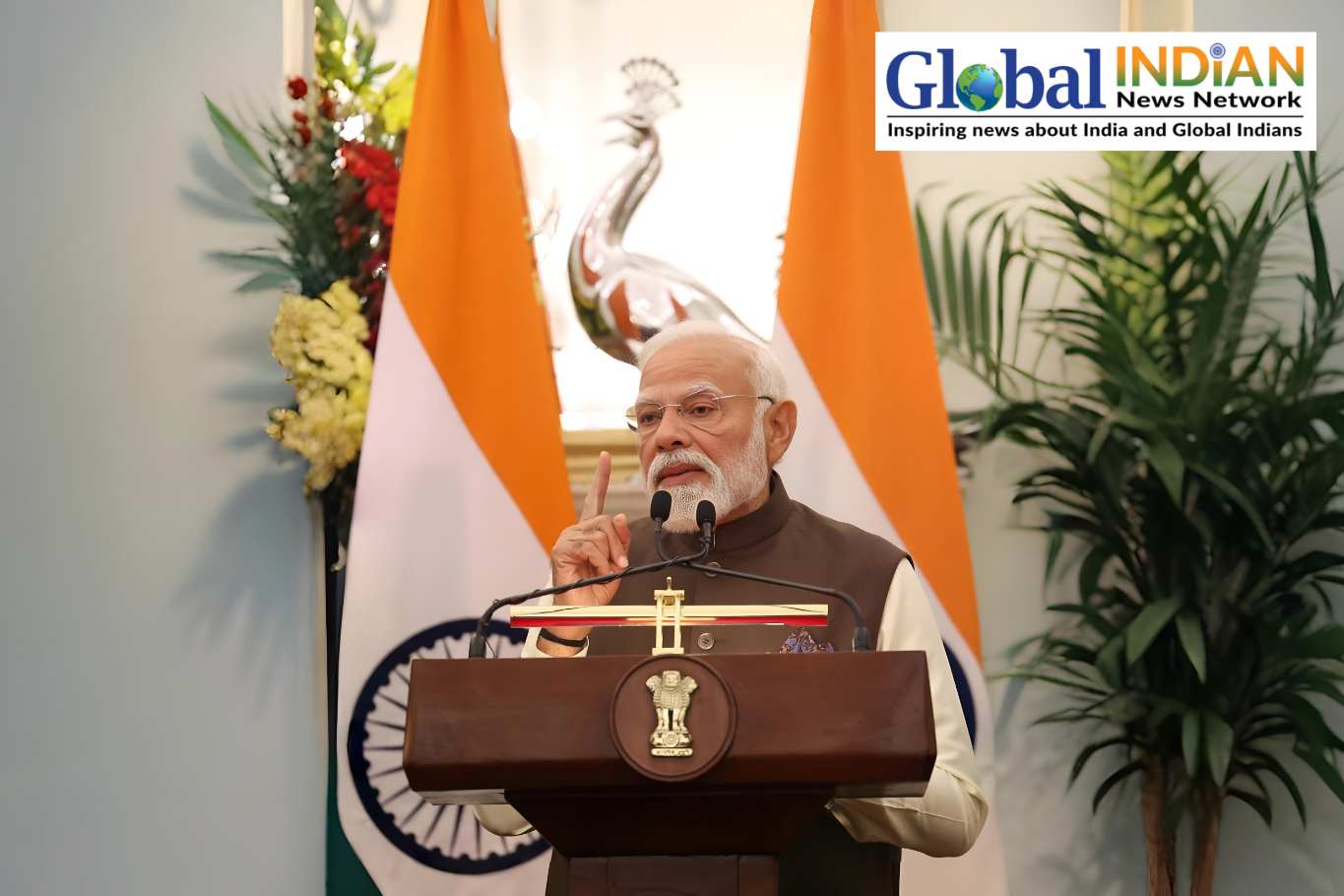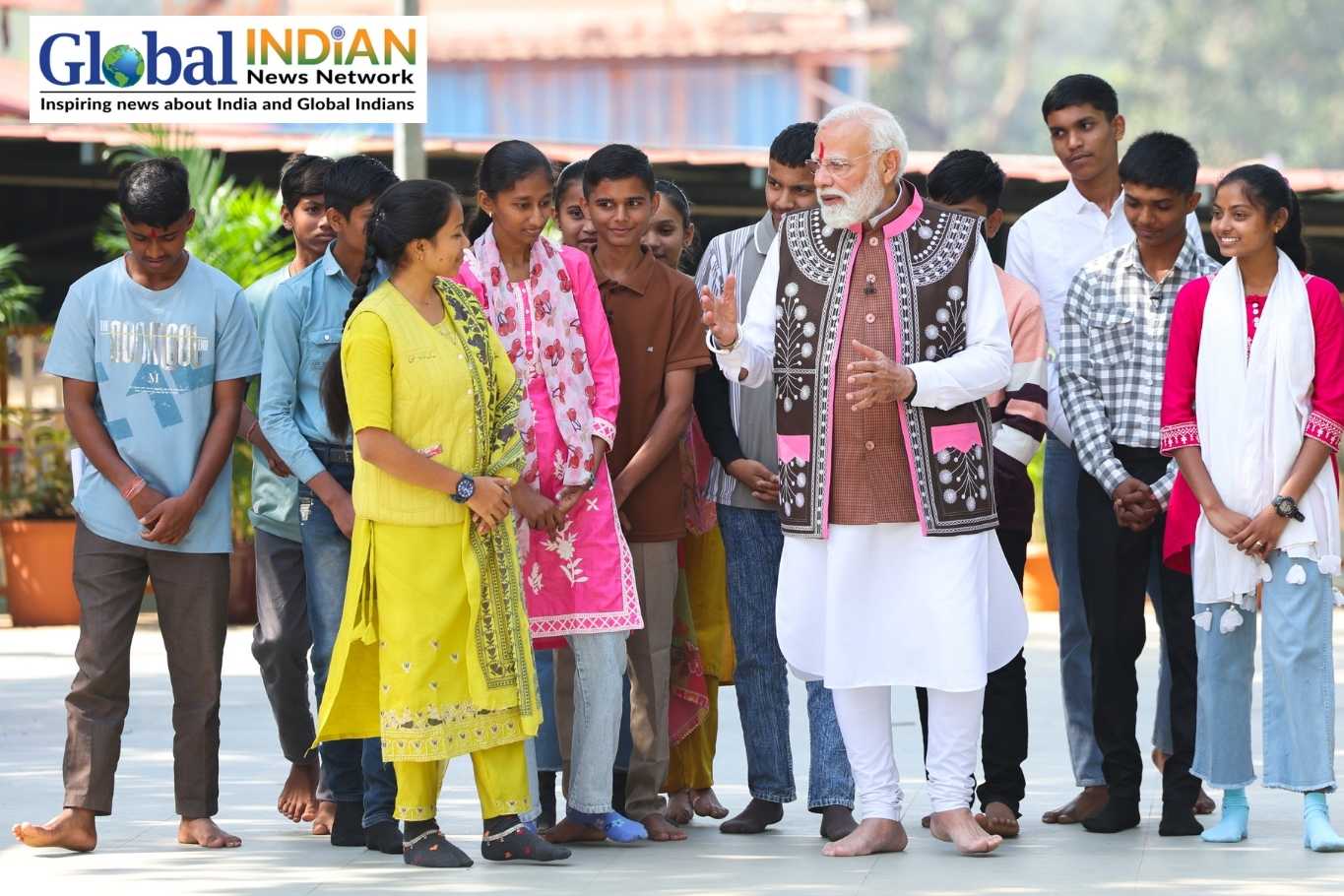
Russian Deputy Chief of Mission Roman Babushkin commended India’s significant strides in space exploration and reiterated Russia’s steadfast backing for its space initiatives. Celebrating the 40th anniversary of Rakesh Sharma’s historic spaceflight aboard the Soviet spacecraft Soyuz T-11 in 1984, Babushkin emphasized the enduring collaboration between Russia and India in space exploration.
Babushkin highlighted the success of India’s recent Chandrayaan-3 mission and the joint efforts in the Gaganyan project, underscoring Russia’s consistent support for Indian achievements in space. He praised Rakesh Sharma as a symbol of historic cooperation between the two nations and acknowledged his milestone as India’s first astronaut.
Acknowledging India’s independent space program, Babushkin noted its contribution not only to the nation but also to global satellite launches and space research. As the two countries approach the 77th anniversary of their diplomatic relations, Babushkin reiterated Russia’s unwavering support for India’s space endeavors, citing significant milestones such as the Chandrayaan missions and the ambitious Gaganyan mission.
Highlighting Russia’s integral role in nurturing India’s space capabilities, including astronaut training and spacecraft development, Babushkin emphasized the special and strategic partnership between the two nations in space exploration. He reflected on the longstanding collaboration dating back to the launch of India’s first satellite, Aryabhata, by the Soviet Union in 1975, and subsequent engagements in space science and satellite launching.
Babushkin underscored the ongoing collaboration between ISRO and Roscosmos, particularly in the Gaganyan mission, involving astronaut training and spacecraft development. He emphasized the partnership’s breadth, encompassing space propulsion engineering, satellite navigation, and cooperation in preventing arms races in outer space.
Moreover, Babushkin highlighted the significance of April, marking milestones such as the first human space journey by Yuri Gagarin and the establishment of Russia-India diplomatic relations. He emphasized the theme of space as a backdrop for bilateral cooperation and celebrated Rakesh Sharma’s historic achievement as emblematic of the enduring friendship between India and Russia.
In commemoration of these milestones, the Russian Embassy and TASS News Agency organized a photo exhibition featuring archival materials and the screening of the documentary “How I Became a Cosmonaut.” Rakesh Sharma’s pioneering journey aboard the Soyuz T-11 rocket from Baikonur Cosmodrome, where he spent over seven days conducting scientific studies and experiments, remains a testament to India’s space ambitions and its collaborative spirit with Russia.










1 Comment
Great advice! I’ll definitely be implementing some of these tips.